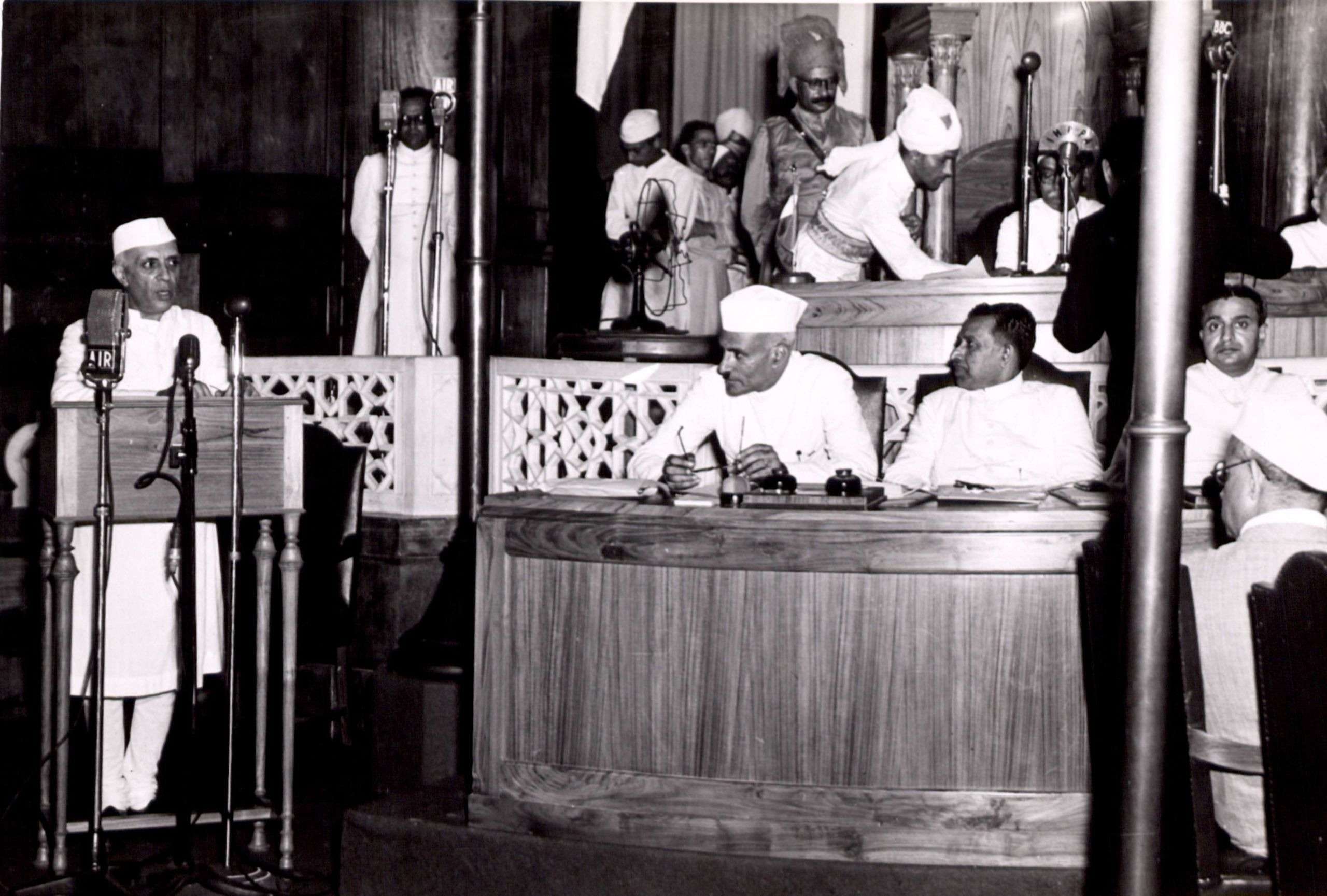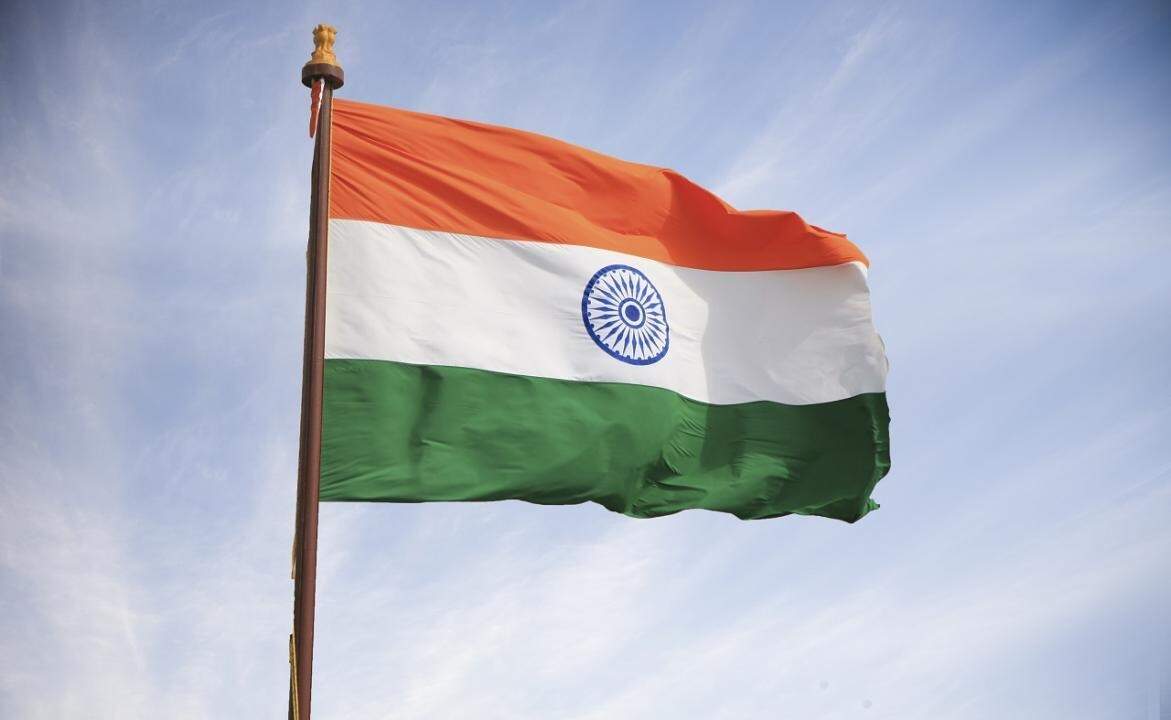Redefining India's Destiny: Breaking Free from Colonial Influences

In the echoing annals of history, India’s journey to independence remains a powerful narrative—a struggle against both external dominion and internal colonial mindsets. As Jawaharlal Nehru, India’s first Prime Minister, gazed upon the dawn of a newly free nation, he envisioned a destiny that promised transformation. Yet, the initial steps towards this destiny were marred by a tendency to replicate colonial norms, creating a façade of development while still under the shadow of colonial thinking.

The Lingering Legacy of Colonialism
The end of the colonial era granted India physical freedom, but the mental shackles of colonialism endured. In the early years post-independence, there was a fervent desire to emulate Western practices, under the belief that modernisation could only be achieved through mimicry. The Indian Constitution, while a beacon of the nation’s aspirations, bore similarities to colonial models, reflecting a paradox in India’s evolution. Legal systems, cultural practices, and governance structures followed established patterns, lacking in innovation and clinging to the notion that Westernisation equated to progress.
Embracing a New Era: Amrit Kaal
Today, India is experiencing a renewed tryst with destiny, distinct from its colonial past and intertwined with indigenous innovation and resilience. Prime Minister Modi's term as "Amrit Kaal" represents a period of profound transformation—an era where the nation is unburdened by colonial remnants and is instead focused on self-reliance and cultural resurgence. This phase marks a significant shift towards a future defined by growth, self-sufficiency, and renewed national pride.
Advancements Across Key Sectors
India's strides in various sectors illustrate this transformation. The nation is now a burgeoning leader in defence, space exploration, pharmaceuticals, technology, and semiconductors. No longer reliant on foreign entities, India has emerged as an exporter of defence equipment and a pioneer in these fields. This newfound self-sufficiency highlights India's progress and innovation, showcasing a departure from past dependencies.
Compassion in Crisis: The Pandemic Response
The COVID-19 pandemic was a pivotal moment for India, revealing both its resilience and its capacity for compassionate action. Unlike previous eras where the nation depended on external aid, India demonstrated its capability by developing three indigenous vaccines and spearheading the Vaccine Maitri initiative. This initiative not only supported global efforts but also embodied the ancient Indian principle of Vasudhaiva Kutumbakam—the belief that the world is one family.

Economic Resilience and Growth
Amid global economic turbulence, India has emerged as the world’s fastest-growing economy. According to a Morgan Stanley report, this economic achievement reflects not just statistical success but also the indomitable spirit of a nation that refuses to succumb to adversity. Under Prime Minister Modi's leadership, India has demonstrated remarkable resilience and growth, positioning itself as a global economic powerhouse.
Breaking Barriers and Reviving Heritage
Prime Minister Modi’s leadership extends beyond economic realms, focusing on dismantling barriers and fostering inclusivity. Initiatives such as addressing language barriers and reviving ancient educational institutions reflect a broader vision of reconnecting with cultural heritage while embracing modern advancements. The revival of temples and educational reforms underscore a societal reclaiming of heritage and self-confidence.
Cultural Renaissance and Global Standing
The cultural renaissance in India is evident in the surge of tourists visiting religious sites like Kedarnath and Tirupati. This revival speaks to a nation reconnecting with its spiritual and cultural roots. The peaceful resolution of historical disputes, such as the Ram Janmabhoomi issue, signifies a shift from resistance towards a future of triumphant progress.
A Future of Innovation and Self-Discovery
India’s current trajectory represents a departure from colonial mimicry towards a journey of self-discovery and authenticity. As the nation strides forward, it does so with a renewed sense of identity and purpose. The legacy of colonial-era imitations is being replaced by a spirit of innovation and self-reliance. India’s quest for growth and progress is harmoniously intertwined with a deep-rooted connection to its cultural and historical heritage.
